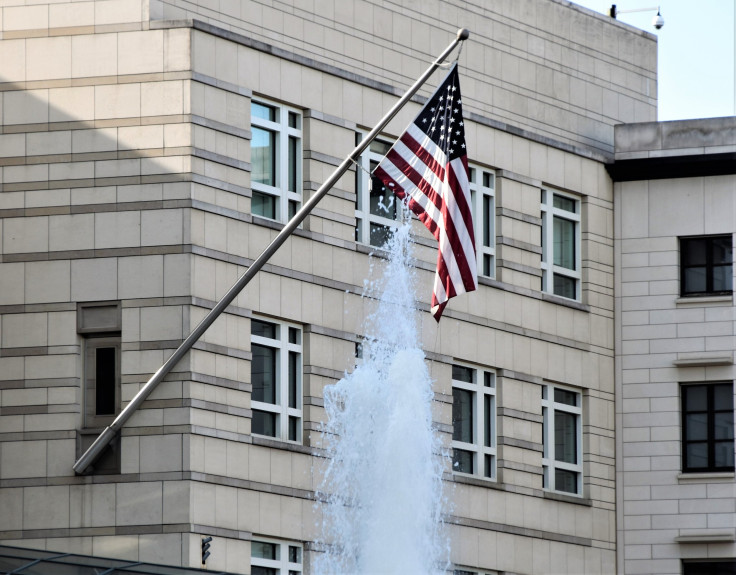
The U.S. said last year that it was "very unlikely" that the health condition affecting some of its officials and known as "Havana Syndrome" was a result of actions by a foreign adversary.
However, a new media investigation has linked the syndrome, which caused brain injuries to many national security officials -especially in Cuba-, to Russia.
The probe, conducted by CBS News, The Insider and Der Spiegel, quotes a now-retired Army lieutenant colonel who led the Pentagon investigation on the issue saying that the "Russia nexus" was there, but that the bar to prove so was extremely high.
To back up his claims, Greg Edgreen said that many of the officials affected by the condition were among the country's top performers when it came to Russia-related work. There was some angle where they had worked against Russia, focused on Russia, and done extremely well," Edgreen said.
The report went on to point specific cases, where officials believe they were specifically targeted by a secret weapon firing a high-energy beam of microwaves or ultrasound. One of them, identified as "Carrie," said she was at her home in 2021 and was hit. "And bam, inside my right ear, it was like a dentist drilling on steroids. That feeling when it gets too close to your eardrum? It's like that, times 10," she said.
The episode also included the battery on her phone swelling until breaking the case and her passing out on a couch. The sequels lasted for months and included memory issues and problems multitasking. "I was not the same person," she said.
Another passage of the report specifically links this alleged weapon with Russia's GRU Unit 29155, which Axios described as a "military assassination unit." Two years before cases began multiplying in Havana, a U.S. government employee in Germany was knocked unconscious by "something akin to a strong energy beam," The Insider said.
"The victim was later diagnosed with a traumatic brain injury, and was also able to identify a Geneva-based Unit 29155 operative," it added.
Looking at potential reasons for the lack of official clarity, an attorney with security clearance representing over two dozen clients with Havana syndrome symptoms said that there is evidence pointing to a government "cover up." Edgreen, the retired Army official, said the bar to prove these attacks was extremely high to avoid facing truths like the existence of failures to protect Americans.
Researchers at the National Institutes of Health (NIH) didn't find tangible evidence of brain injury in those affected in a paper published in March. However, they did acknowledge that ongoing symptoms including migraines, chronic dizziness, and depression are still very much real, even if they cannot yet be explained.
Havana Syndrome first baffled officials in 2016 when US diplomats in Cuba's capital reported falling ill and hearing piercing sounds at night, sparking speculation of an attack by a foreign enemy using an unspecified sonar weapon. Similar reports of the illness later emerged from embassy staff in China, Europe and US capital Washington.
Leighton Chan, lead author of one of the papers, said "it's important to acknowledge that these symptoms are very real, cause significant disruption in the lives of those affected and can be quite prolonged, disabling and difficult to treat."
David Relman of Stanford University, who has led previous research into Havana, said the new study was flawed as not all brain injuries were detectable with the tests used.
In an editorial also published in JAMA, Relman cited two previous studies he contributed to which found the cases "to be unlike any disorder reported in the neurological or general medical literature, and potentially caused by an external mechanism."
© 2024 Latin Times. All rights reserved. Do not reproduce without permission.







